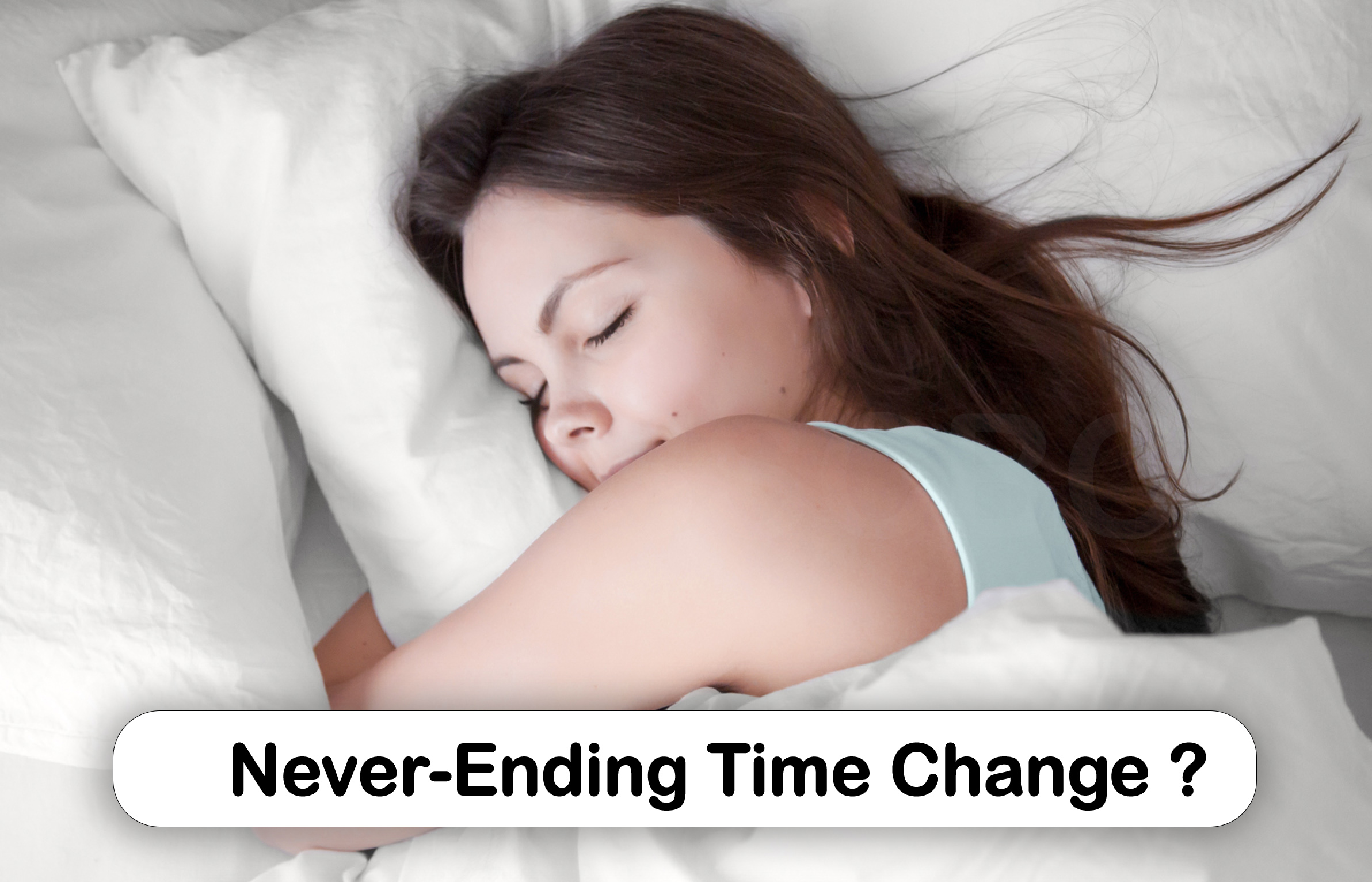The Never-Ending Time Change Debate – Germany

Every six months, people always arguing whether to spring the clocks forward or fall back one hour. And every six months, debate sprouts up over which is better out of daylight saving time or standard time.
On October 27, It’s time to turn clocks back to standard time, also called winter time. For one more time, the clocks will be moved one hour back on Sunday evening. And for one more time, a lot of articles will appear explaining how not to forget the date of adjusting the clocks according to daylight saving time. There will be comments by specialists who will share their opinion on which time format is more beneficial for our health-standard time, if one is to make an educated guess.
Table of Contents

Information on Daylight Saving Time
Even with this extra hour of sleep, our system would still be tired for the first couple of days due to the time difference. However, as the time proceeds, most of the people get used to the new rhythm. Some people take a few days to get this rhythm correct, whereas others take the whole week to do so and find it hard.
While a decision to abolish the practice of changing clocks has already been taken across Europe, the EU member states have so far failed to agree on whether permanent time is set at standard time or daylight saving time. Every country has different problems: for example, if permanent daylight saving were the rule, then Spain would not see daylight until 9:30 a.m., while in Poland it would already be as bright as 3 a.m.
Which is better: to stay on Permanent Standard Time or with Daylight Saving Time?
Surveys show that most Germans want to keep daylight saving time throughout. Yet, it is against scientific findings because sleep experts agree that standard time affects our health positively.
Albrecht Forster, a researcher in the field of sleep from the University Neurology Clinic in Bern, puts this into perspective by explaining that true time coincides with natural time when the sun is at its apex at noon. During every year, on average, the sun rises at 6 a.m. and sets at 6 p.m. daily. “We interfere with this natural rhythm with the artificial daylight saving time introduced in 1980.”
Forster further points that on the days following the March clock change, when people are obliged to rise an hour earlier, the number of hospital admissions greatly increases owing to the difficult adjustment our body has to make.
Equal Time for Daylight Saving and Standard Time
People who prefer staying up late and also sleeping in later are considered the “late chronotype.” Chronotypes refer to one’s biological sleep and wake preferences.
Those individuals with the reputation of being “night owls” have a really difficult time dealing with the pressures put upon them to get up one hour earlier as a result of the time change. They are handicapped in the morning by reason of their impaired cognitive performance, says Michael Schredl, a sleep researcher at the Central Institute of Mental Health in Mannheim. If schools want to give teenagers a fair chance, they should start later in the day.
Being as Light as a Clock isn’t Enough Anymore
Time changes have often been compared with the consequences of jet lag when it comes to research into sleep. Unlike jet lag produced when traveling, we stay in the same location, and hence there is no shift in day and night light patterns.
What we should do instead, according to Schredl, is temporarily shift our personal rhythms so they run against the natural solar cycle. Light as a time cue pure and simple is too little; we need to introduce systematically other time cues, like activities and meals.
Melatonin supplements could also assist. The natural sleep hormone melatonin is harmless and may ease sleep disruptions. According to Schredl, “applying melatonin to neutralize the effects of time changes makes a valid suggestion, though still unsupported by scientific evidence, at this date.”
The “Better” Time Change is at Least on its Way
The autumn time shift generally brings with it fewer problems, as we end up gaining an hour and can sleep a little bit longer.
As has also always been the case with the changing of the clocks twice a year, however, experts recommend going easy on oneself during the first week and getting plenty of daylight. It’s a great way to help your body readjust once more.


13 thoughts on “The Never-Ending Time Change Debate – Germany”